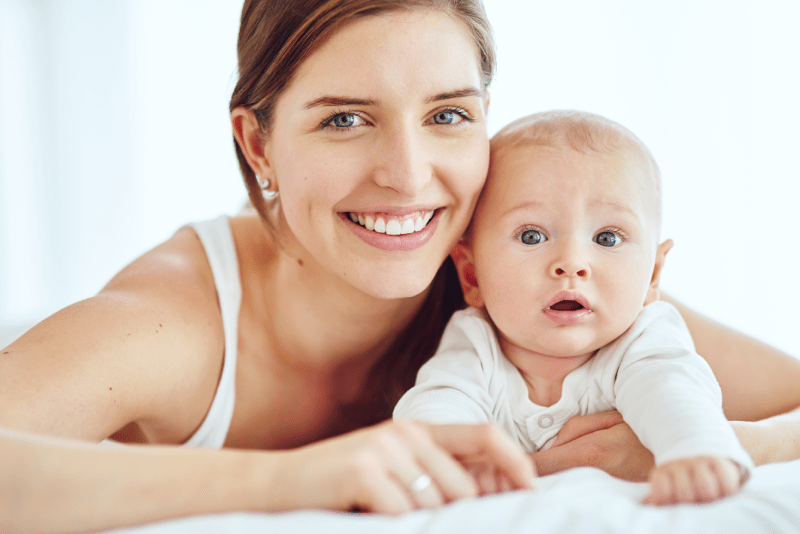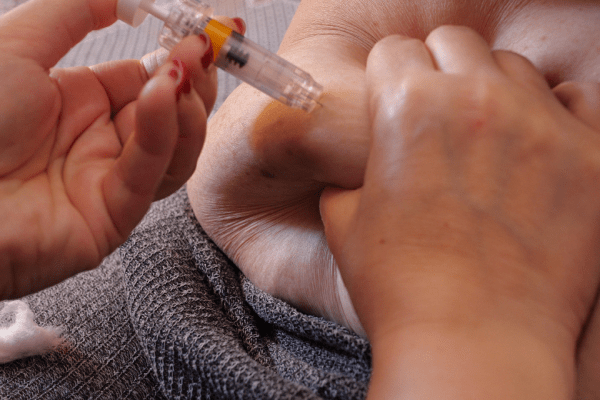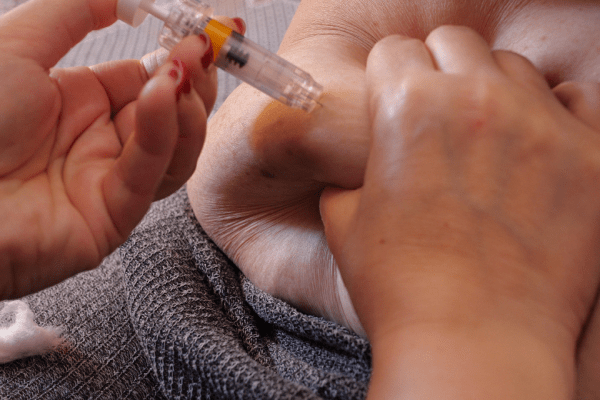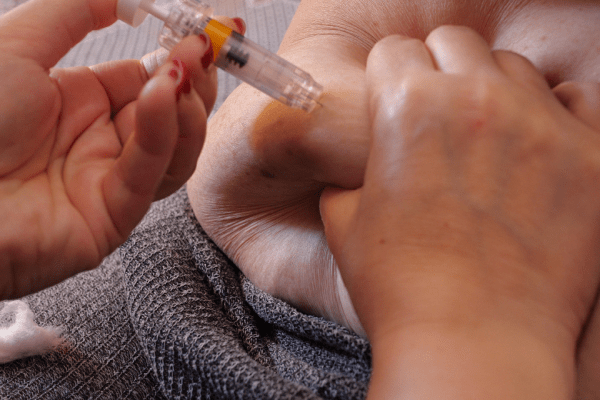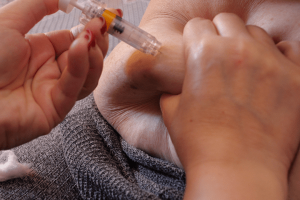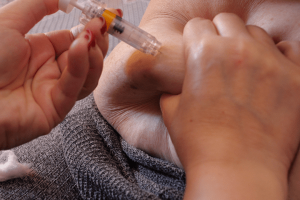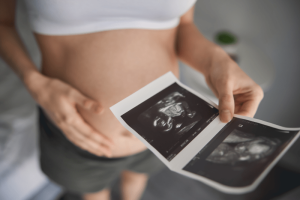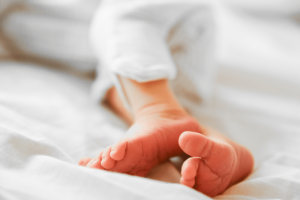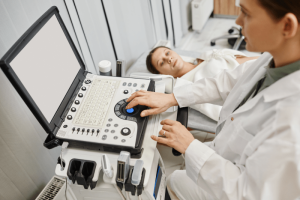Precautions To Take While Pregnant
Being pregnant is a joyous time that frequently motivates women to lead healthier lifestyles and, if necessary, strive for a healthy body weight. Here are some suggestions for making your nutrition and exercise habits better both throughout pregnancy and after giving birth.
Healthy Weight
Why is gaining a healthy amount of weight during pregnancy important?
Pregnancy weight gain that is healthful for the baby helps it develop into a healthy size. However, gaining too much or too little weight can have major negative health effects on both you and your unborn child.
Expert opinion suggests Gaining too much weight during pregnancy increases your risk of getting gestational diabetes, or pregnancy-related diabetes, as well as pregnancy-related high blood pressure. You are also more likely to develop type 2 diabetes and high blood pressure later in life as a result. Your risk of developing health issues may be increased if you are obese or overweight when you become pregnant.
How much weight should I gain during my pregnancy?
Being at a healthy weight makes your baby healthier. For this reason, we have prepared the following table so that you do not become too thin or overweight;
| If you | You should gain about |
|---|---|
| Are underweight (BMI less than 18.5) | 28 to 40 pounds |
| Are at a healthy weight (BMI of 18.5 to 24.9) | 25 to 35 pounds |
| Are overweight (BMI of 25 to 29.9) | 15 to 25 pounds |
| Have obesity (BMI of 30+) | 11 to 20 pounds |

Healthy Eating
How much should I eat and drink?
You and your baby can gain the right amount of weight by eating nutritious foods, drinking low-calorie beverages, particularly water, and consuming the optimum number of calories.
The amount of food and calories you require depend on your pre-pregnancy weight, age, and the rate at which you put on weight. According to the Centers for Disease Control and Prevention, if you are at a healthy weight, you don’t need any extra calories in the first trimester, approximately 340 extra calories per day in the second trimester, and approximately 450 extra calories per day in the third trimester. 1 In the final weeks of pregnancy, you might not need any extra calories.
Inquire with your doctor about your weight gain. She might advise consuming extra calories if you aren’t acquiring the weight you need. You might need to limit calories if you’re gaining a lot of weight. The requirements of each lady are unique. Your requirements also change according on whether you were underweight, overweight, or obese prior to becoming pregnant, as well as whether you had several children.
What kinds of foods and beverages should I consume?
In addition to maintaining a healthy and good weight, you should also eat a good diet. A good diet is also very important for your baby’s nutrition. And it should include;
- Veggies and fruits (provide vitamins and fiber)
- Oatmeal, whole-grain bread, and brown rice are examples of whole grains (provide fiber, B vitamins, and other needed nutrients)
- nondairy soy, almond, rice, or other beverages with additional calcium and vitamin D, as well as fat-free or low-fat milk and milk products
- Lean meats, eggs, seafood with low mercury content (up to 12 ounces per week), beans and peas, and unsalted nuts and seeds, provided you can stomach them and aren’t allergic to them, are all good sources of protein.
What Not to Eat During Pregnancy
- Excess caffeine causes anxiety and anxiety in the mother. It can also cause palpitations by accelerating the heartbeat.
- Alcohol and smoking
- Herbal teas that cause edema are also on the black list. Because these teas are likely to create a miscarriage threat, especially during the first 2 months.
- Raw meat products such as salami and sausage are also not recommended because of the possibility of containing bacteria.
- If lettuce is not washed well, it can make the mother sick with a bacteria it contains. If you are not sure that it is washed very well, it is not recommended to eat salad outside.
- Some seafood such as mussels, shrimp, squid are also not recommended. But fish is a staple food and very valuable.
- It is essential to consult a physician while taking food supplements or medications.
- Artificial sweeteners and packaged foods are also not recommended.

Physical Activity
Should I be physically active during my pregnancy?
Physical activities will not be wrong during the ahmileleik period. You can also be physically active during your pregnancy. You may not even need to take a break if you’re exercising. But of course consult your doctor for good advice. In addition, being physically active can be good for:
- Helps you and your baby gain an appropriate amount of weight
- Reduces back pain, leg cramps and bloating
- Reduces your risk of gestational diabetes
- Reduces your risk of postpartum depression
Don’ts During Pregnancy
- It is not recommended to lie on your stomach while sleeping.
- Intense sports and strenuous work are not recommended.
- It is necessary to avoid places that are extremely hot, such as baths, saunas, and spas.
- The reaching-up motion can be dangerous.
- Lifting heavy things is not recommended.
- They should not be in stressful environments during pregnancy.
- If you are exposed to substances such as radiation, coal dust, chemicals due to your job, you should definitely get a report during this process or you should switch to a working style where you will not enter this environment.
- The car should not be used for long hours.
For more detailed information about the treatment, you can contact us 24/7. Our advisors will be waiting to answer the questions you have in mind.
